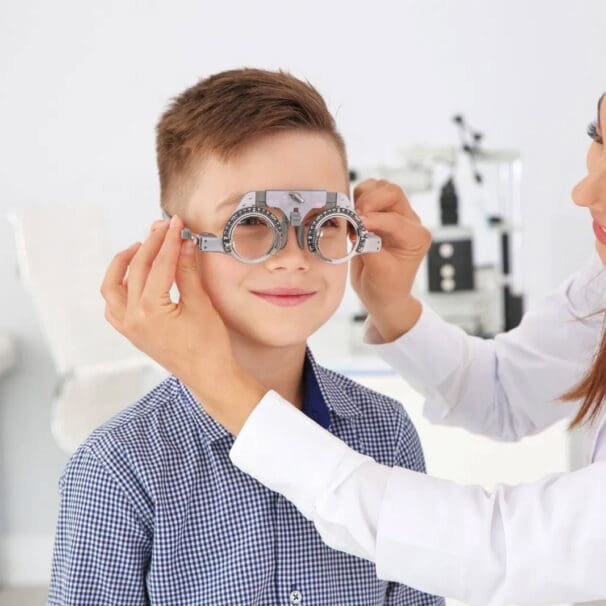HealthProviders DB is a comprehensive database of healthcare providers, including a complete directory of all Pediatric Ophthalmology and Strabismus Specialists.
Ophthalmology Healthcare Taxonomy Code 207WX0110X
As of today, the following are the total number of Pediatric Ophthalmology and Strabismus Specialists nationally, in your State, and near your location.
Select a State below to view the list by State. Additionally, you can narrow the list by city, among other options, from the Filter Panel, which you can open by clicking the vertical ellipses ⋮ in the upper right corner of the app.
Alaska – Alabama – Armed Forces Pacific – Arkansas – American Samoa – Arizona – California – Colorado – Connecticut – District of Columbia – Delaware – Florida – Federated States of Micronesia – Georgia – Guam – Hawaii – Iowa – Idaho – Illinois – Indiana – Kansas – Kentucky – Louisiana – Massachusetts – Maryland – Maine – Marshall Islands – Michigan – Minnesota – Missouri – Northern Mariana Islands – Mississippi – Montana – North Carolina – North Dakota – Nebraska – New Hampshire – New Jersey – New Mexico – Nevada – New York – Ohio – Oklahoma – Oregon – Pennsylvania – Puerto Rico – Palau – Rhode Island – South Carolina – South Dakota – Tennessee – Texas – Utah – Virginia – Virgin Islands – Vermont – Washington – Wisconsin – West Virginia – Wyoming
Medicare
The following are the total number of Pediatric Ophthalmology and Strabismus Specialists who accept Medicare in your State, the number who have opted out of Medicare, and the total number excluded from participation in Medicare nationwide.
The diagram below shows all the Pediatric Ophthalmology and Strabismus Specialists across the country, represented by blue bubbles. The larger the bubble, the greater the concentration of providers in that area. Red bubbles represent Medicare-excluded providers, with the larger bubbles indicating a higher percentage of excluded providers in that region. You can change the bubble size to be based on exclusions from the Size menu.
What do Pediatric Ophthalmology and Strabismus Specialists do?
Pediatric ophthalmology and strabismus specialists diagnose and treat eye conditions in children, such as amblyopia (lazy eye) and strabismus (crossed eyes), as well as other disorders, such as congenital cataracts and blocked tear ducts.
They have specialized training to perform surgery, manage eye issues in developing visual systems, and treat strabismus in adults. Their care includes prescribing glasses and medications and performing complex eye surgeries.
What they do
Handle related issues: They also evaluate and manage problems such as head turns, head tilts, and eye muscle issues.
Treat pediatric eye conditions: They handle a wide range of eye problems unique to infants and children, including amblyopia, strabismus, refractive errors (nearsightedness, farsightedness, astigmatism), and congenital or genetic ocular abnormalities.
Manage strabismus: They focus specifically on misaligned eyes (strabismus) and can treat it in both children and adults.
Perform surgery: They are trained to perform complex eye surgeries, including procedures for conditions such as pediatric cataracts and orbital tumors.
Provide medical treatment: They use medications to manage certain eye diseases and can prescribe and fit glasses or contacts to correct vision problems.
Address vision and development: They are experts in the development of the visual system and how eye diseases can disrupt it, making early diagnosis critical.
Offer comprehensive eye care: Their services extend to other conditions, including blocked tear ducts, retinopathy of prematurity (often associated with premature birth), and issues associated with systemic diseases such as diabetes.

